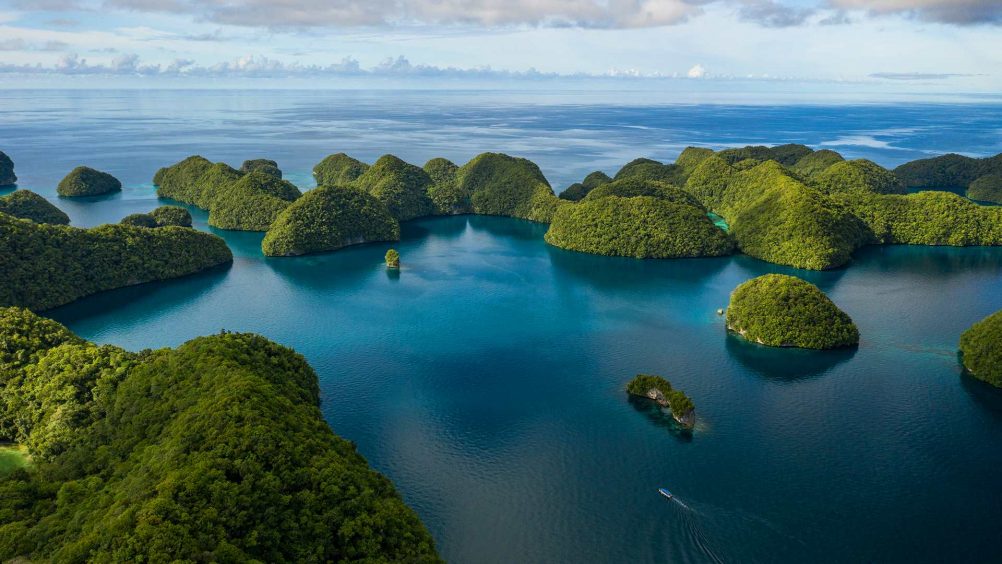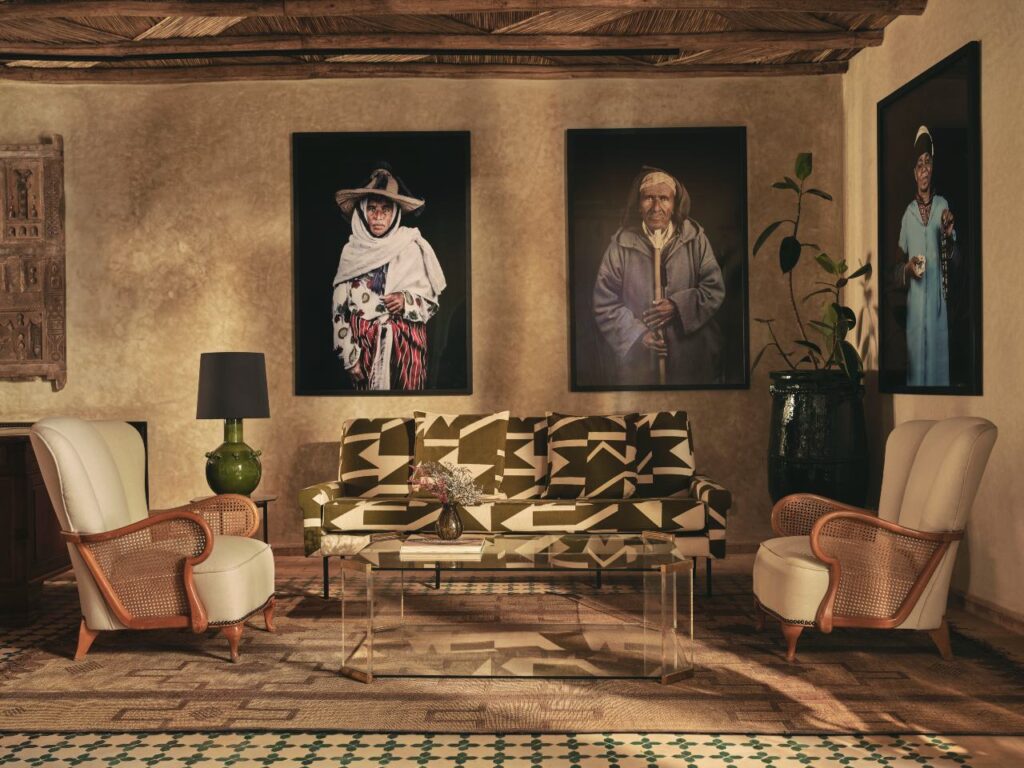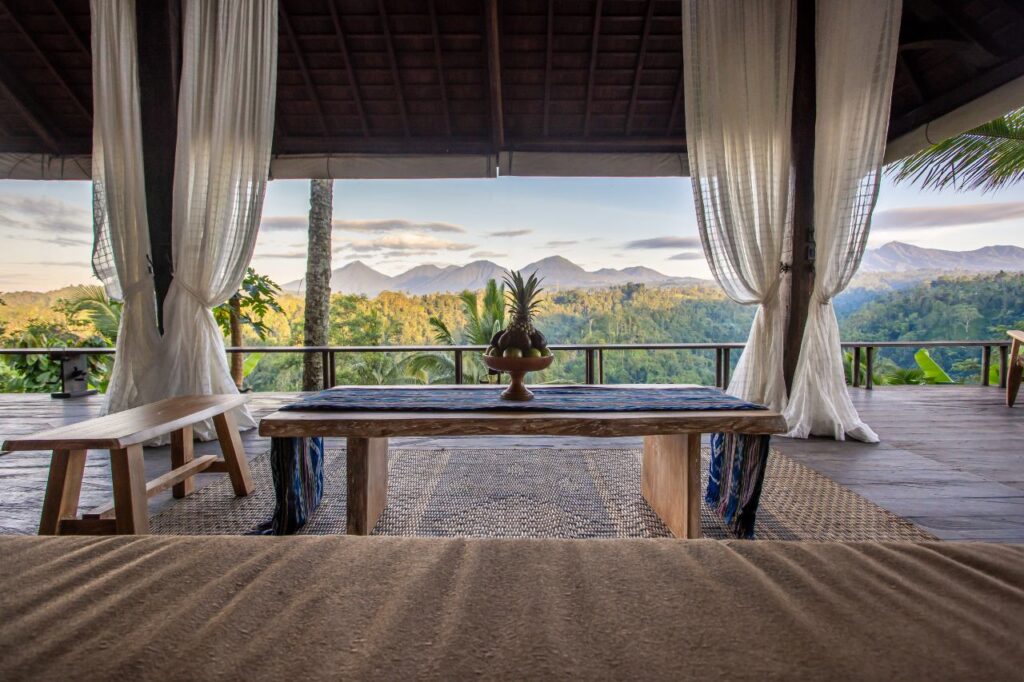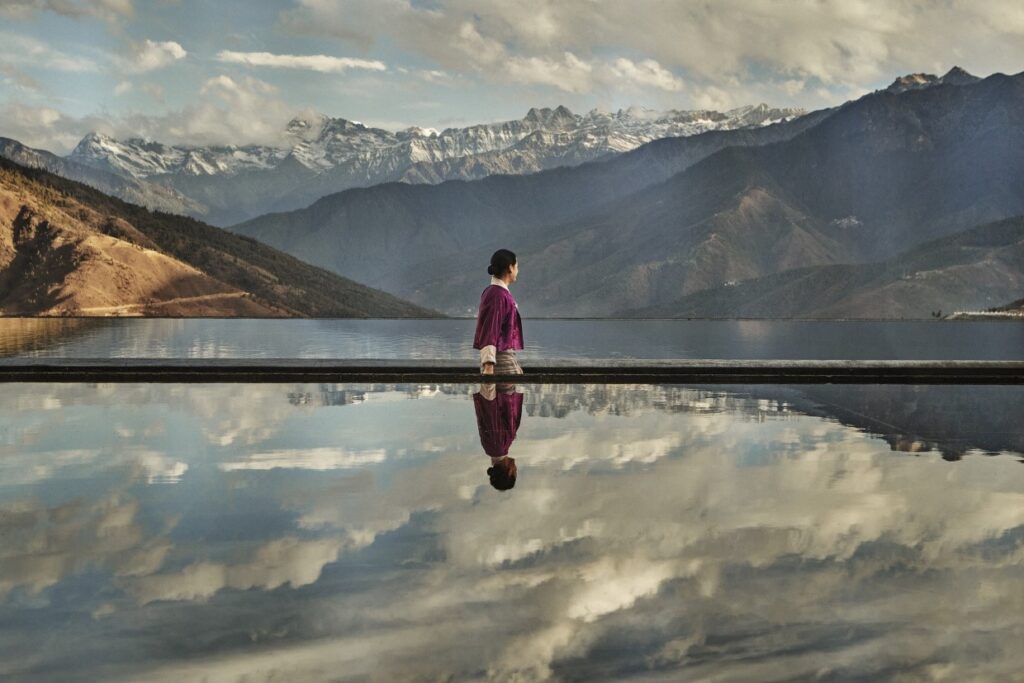The island nation of Palau is rewarding sustainable travellers
Special experiences are available to those who travel responsibly
Words by Ute Junker
Photo Cristina Mittermeier
They say that doing good is its own reward – but in the remote island nation of Palau, sustainable travellers now enjoy more tangible rewards.
Under the new Ol’au Palau program, visitors to the Micronesian archipelago can accumulate points for responsible behaviour including using reef-safe sunscreen, offsetting their carbon footprint, eating sustainably-sourced local food and participating in regenerative tourism projects. They can also accumulate points by avoiding single-use plastics, visiting culturally-significant sites, and supporting businesses that manage their impacts on the environment.
Visitors who accumulate enough points will be able to access exclusive experiences not normally available to tourists. They include lunches with the community, traditional fishing at secret spots, swimming at hidden caves, and hikes along restricted routes.
“By launching Ol’au Palauwe get to reward our most conscientious guests and protect our most highly-prized tourism asset: our pristine environment and unique culture,” said Alan T. Marbou, Board Member, Palau Visitors Authority and former Speaker of the Koror State Government. “We hope that Ol’au Palau will make more destinations think about the true cost of tourism and rethink who they reward with their best experiences.”
Palau, which has a population of just 18,000, first became known for its world-class diving: its reef is home not just to 400 species of hard corals and 300 species of soft corals, but seven out of nine of the world’s species of giant clams, 1400 species of reef fishes, and the world’s most isolated colony of dugongs, amongst others.
More recently, however, travellers have been discovering the beauty of the islands with their lakes, their jungle, their hikes and off-road drives.
Tourism is the main driver of the economy, accounting for 85 per cent of Palau’s GDP pre-COVID, and the country has been a leader in promoting sustainable tourism. It spearheaded efforts to conserve Micronesia’s coastal waters and forests, and created the world’s first shark sanctuary in 2009.
Palau was the first country to create a marine sanctuary that fully protects 100% of its territorial waters from commercial fishing and its Palau Pledge, promoting environmental protection, became a template that was followed by other destinations around the world including New Zealand, Hawaii and Finland.
To learn more, visit the Ol’au Palau’s Instagram page.



